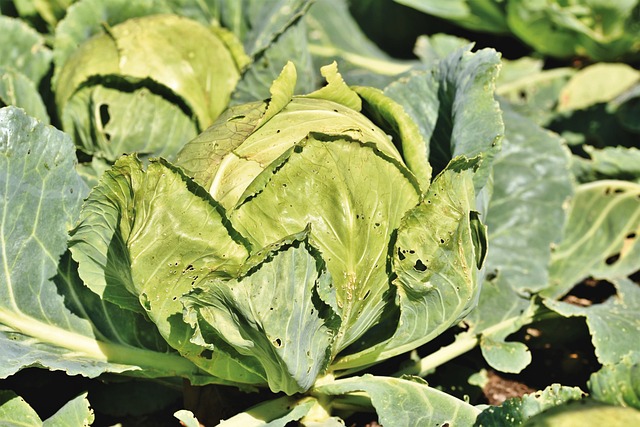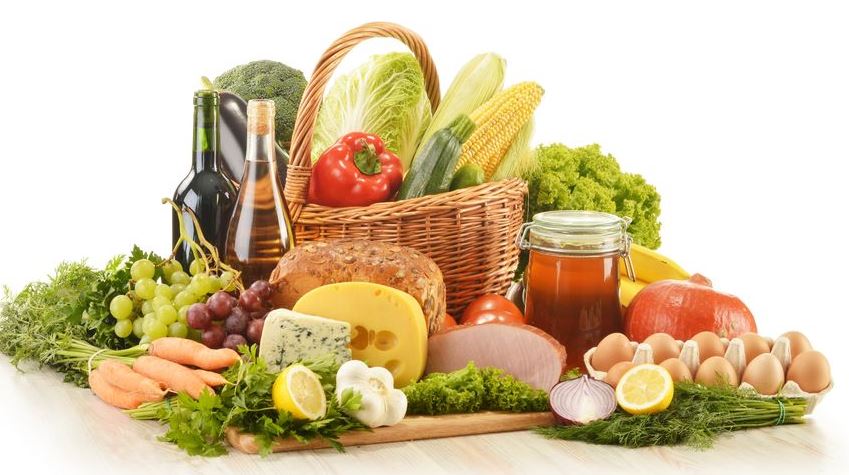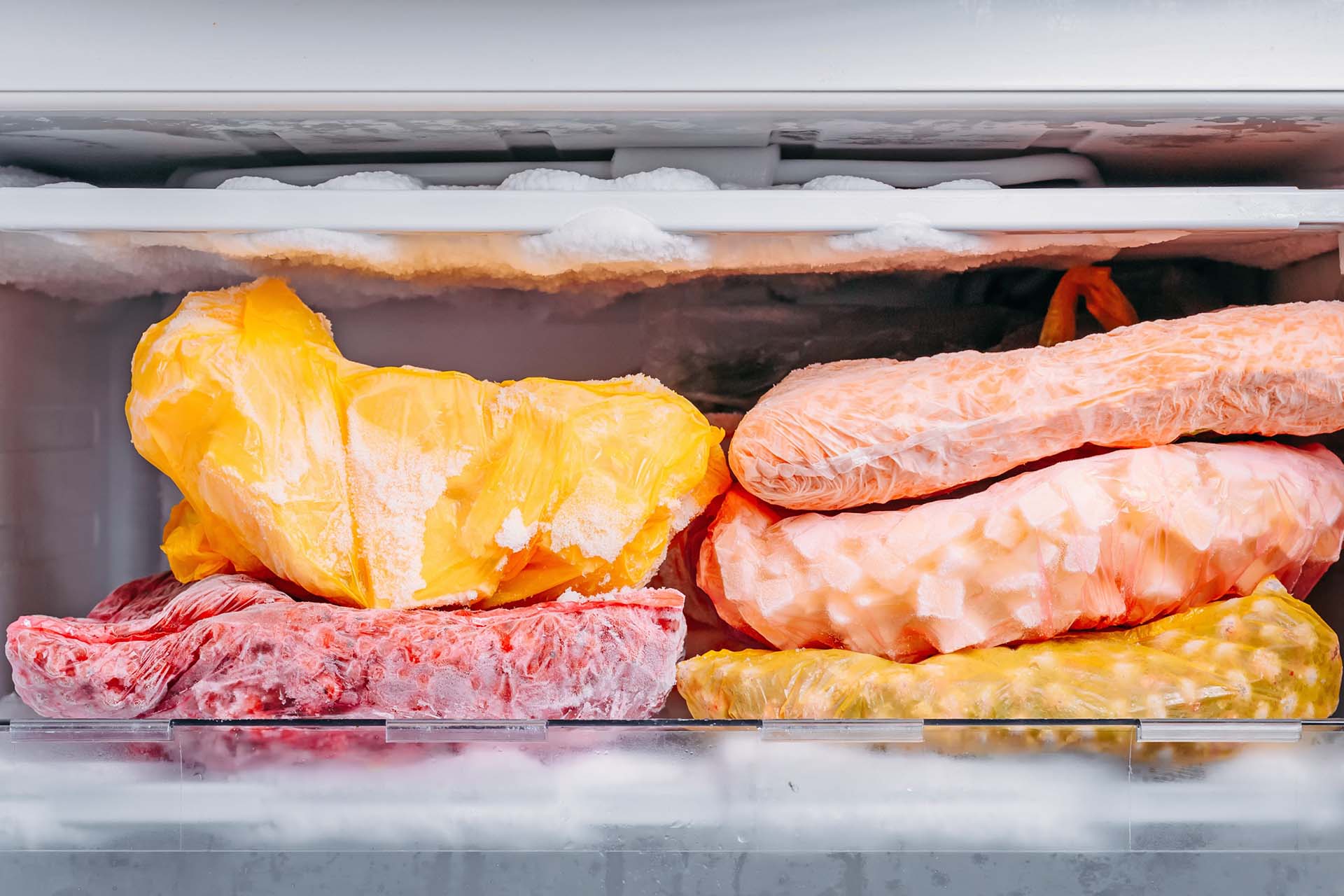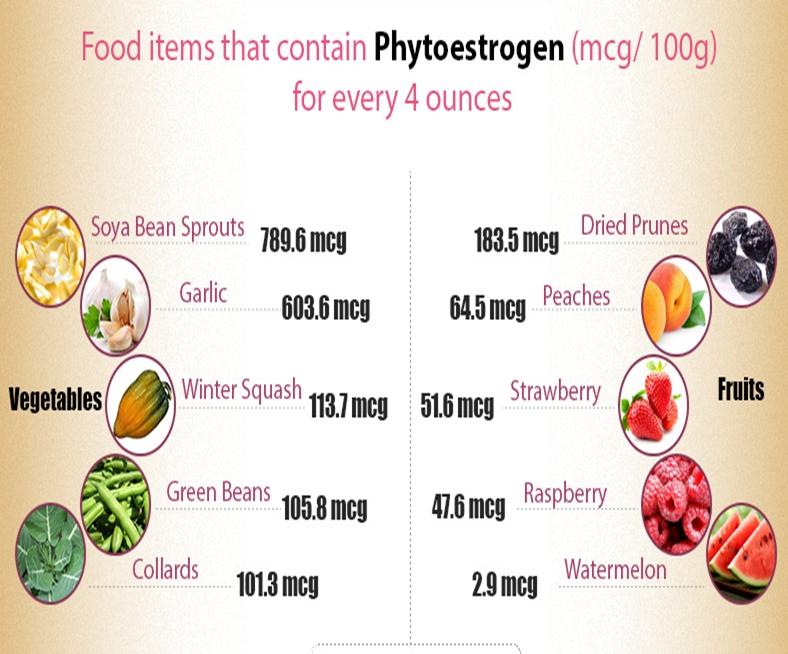Food Production: A Comprehensive Guide
Are you interested in producing your own food? Growing your own food is a great way to become more self-sufficient and reduce your environmental impact. Whether you’re a beginner or an experienced gardener, this comprehensive guide will provide you with all the information you need to get started.
Home Gardening Tips
Home gardening is a great way to produce your own food. If you have a backyard, you can start planting vegetables, fruits, and herbs right away. Here are some tips to get you started:
• Choose the right plants for your climate and soil type.
• Prepare the soil by adding organic matter and fertilizer.
• Plant in raised beds or containers for better drainage and soil aeration.
• Water your plants regularly and use mulch to retain moisture.
• Control pests and diseases with organic methods.
• Harvest your crops at the right time.
Urban Farming Techniques
If you don’t have access to a backyard, you can still produce your own food with urban farming techniques. Here are some ideas:
• Use vertical gardens to maximize space in small areas.
• Grow vegetables and herbs in containers on your balcony or rooftop.
• Utilize hydroponic systems to grow plants in water instead of soil.
• Install an aquaponics system to grow fish and vegetables simultaneously.
• Start an urban farm cooperative and share resources with other growers.
DIY Hydroponics
Hydroponic systems are a great way to produce food in a small space with minimal effort. Here are some tips for setting up your own DIY hydroponic system:
• Choose the right type of hydroponic system for your needs.
• Use quality materials such as PVC pipes and tanks.
• Set up the system according to the manufacturer’s instructions.
• Test the pH and nutrient levels of the water regularly.
• Monitor your plants and adjust the system as needed.
Preserving and Storing Home-Grown Produce
Once you’ve harvested your crops, you’ll need to preserve and store them for later use. Here are some tips for preserving and storing your home-grown produce:
• Clean and dry your produce before storing.
• Use airtight containers to store fruits and vegetables.
• Preserve your produce by freezing, canning, or dehydrating.
• Use root cellars or cold storage to keep produce fresh for longer.
• Label your containers and rotate your stored produce regularly.
Organic Farming Practices
Organic farming is a great way to produce food without using synthetic chemicals or fertilizers. Here are some tips for organic farming:
• Choose organic, non-GMO seeds for planting.
• Use compost and organic fertilizers to feed the soil.
• Control pests and diseases with natural methods.
• Rotate crops to prevent soil depletion and pest infestations.
• Use cover crops to improve soil fertility and reduce weeds.
Kitchen Gardening for Beginners
Kitchen gardening is a great way to produce food in a small space. Here are some tips for beginners:
• Choose plants that are easy to grow and require minimal care.
• Plant in containers or raised beds for better drainage and soil aeration.
• Place your containers in a sunny spot and water regularly.
• Use organic fertilizers and pest control methods.
• Harvest your crops at the right time for maximum freshness.
Producing your own food is a great way to become more self-sufficient and reduce your environmental impact. With the right information and tips, you can start growing your own food today. If you’re ready to get started, why not try some of the tips outlined in this comprehensive guide?











